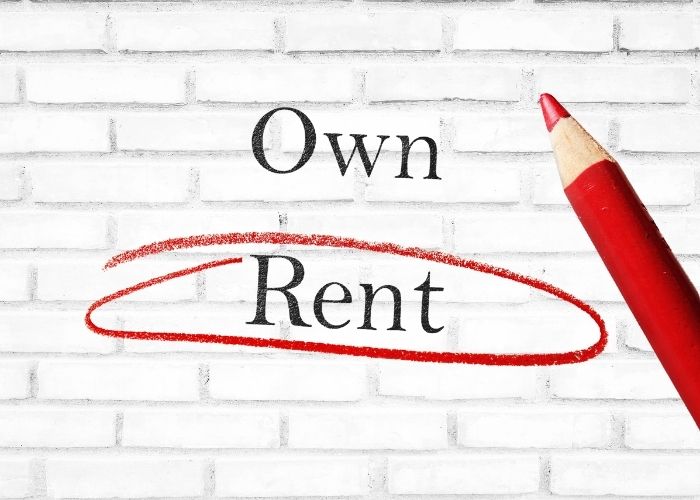MADRID – The Spanish government wants to cap the rent of properties in the private sector with a new law. In this way, the government wants to protect especially the most vulnerable tenants against investment funds and other large owners.
The rent ceiling will mainly affect foreign investment companies, which will be held responsible for the high rents. Social Affairs Minister Ione Belarra, a member of the left-wing Podemos party that wants to implement the bill, tells the Financial Times it will correct imbalances in a sector that were transformed more than a decade ago by the financial crisis in the eurozone and the arrival of institutional funds. Those funds found a niche in Spain by speculating on the housing market. For example, the Blackstone investment fund is now the largest rental homeowner in Spain.” With the new law, they can still do business in Spain, but not at any cost,” said Belarra. She added: “not at the price that there are evictions, or that people have to pay more than 30% of their income in rent. .”
Sale of social rental properties prohibited
The measure will therefore mainly affect Blackstone. With 30,000 houses in its portfolio, it is the largest landlord in Spain. The bill will now also prohibit the sale of social rental homes to investors. After the credit crisis, this happened in many regions in Spain.
In 2013, as local authorities tried to balance their accounts after the financial crisis, Blackstone bought 1,860 apartments from the Madrid City Council for €129 million. They are now part of the group’s €5 billion portfolio in Spain, which includes hotels and offices.
Before the crisis, Spain’s economy relied heavily on the construction sector, which in turn boosted banking, the labour market, and even public accounts. With the crisis, the provision of mortgages was drastically reduced and hundreds of thousands of people lost their homes.
More people renting
Faced with this situation, citizens resorted to renting, reversing a trend in which ownership had increased for decades, although owners still account for more than three-quarters of homes. Costs have risen due to increased demand. According to calculations by consultancy EY, average rent has increased by more than 40% in the past five years, despite falling during the pandemic.
The supporters of Podemos and proponents of the new law point to Spain’s high youth unemployment rate of over 30% and that more than half of young people between the ages of 25 and 29 continue to live with their parents.
One of the measures would allow the autonomous communities to force property owners with more than 10 homes to cap the rent in areas where rents have risen well above inflation. The legislation would also allow regions to apply tax incentives to smaller homeowners to lower rents or impose fines to prevent homes from becoming vacant.


